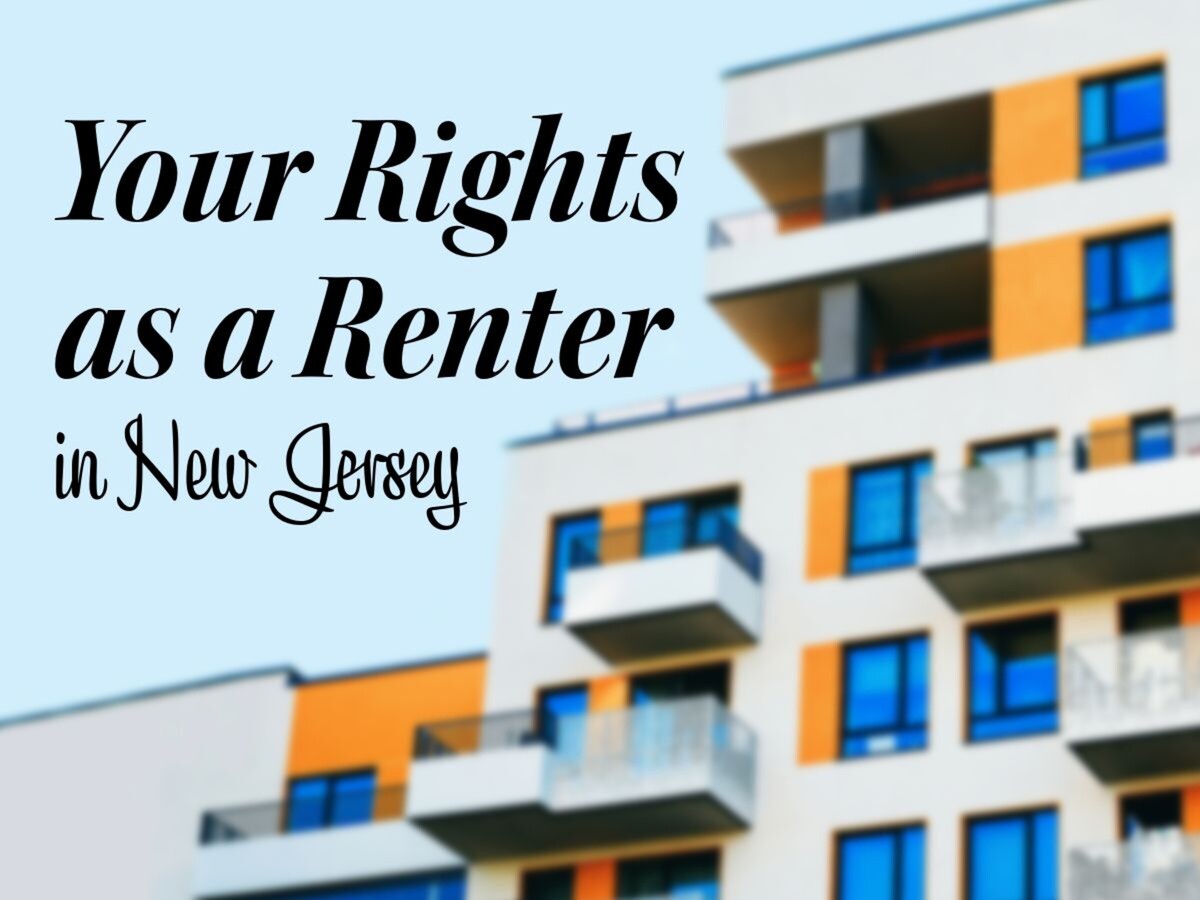Image


Does your landlord actively make your apartment unlivable? Does your landlord enter your apartment without permission or notice? Are they withholding amenities, ignoring your maintenance requests, increasing your rent, or evicting you without proper notice?
All of the above behaviors are a form of “landlord harassment.”
*be sure to read and understand the laws enacted by the Fair Housing Act.
In New Jersey, the only way a landlord and evict a tenant is if a Superior Court Judge orders the eviction after the landlord has sued the tenant for eviction in Superior Court and won.
This means you are not required to move out of your rental home simply because your landlord tells you to or threatens to remove you. Even if you are late on rent, if you have yet to receive an eviction notice from a Superior Court judge, you do not have to vacate your rental.
Landlords and their employees have no right to evict tenants, shut off utilities, or withhold amenities. If you are locked out of your apartment or your landlord withholds utilities, you should call the police. The police must ensure you get back into your apartment if the locks are changed. You should also contact an attorney, and if you do encounter police officers, know those police officers have no right to evict you from your home – without a court order.
Continually, even if you owe rent to your landlord, they can not take or hold amenities, furniture, clothing, or any other belongings as collateral for your late rent payments.
But what constitutes “Just Cause” for eviction?
First of all, there are a few exceptions under which tenants can be evicted other than “just cause.”
These few exceptions include tenants in buildings or houses of three or fewer apartments where the owner lives in one of the apartments. This is known as the “owner-occupied” exception. In these cases, tenants can be evicted at the end of the lease term for any reason.
The Anti-Eviction Act identifies 18 different causes for eviction. No eviction can take place unless a landlord establishes legal proof (wins an eviction suit against a tenant) on one of these 18 causes.
Landlords who are found to have violated a tenant's eviction rights can face civil penalties such as fines. Further penalties include landlords losing the ability to list the residence as a planned real estate development for a five-year period following the date on which the property becomes vacant.
Essentially the biggest threat landlords face is the possibility that the residence in question won’t make them money for five years.
For more information on the rights and responsibilities of residential tenants and landlords in New Jersey read the Department of Community Affairs “Truth In Renting.”
Learn about a Tenants' Right to Safe & Sanitary Housing here, [https://morristownminute.town.news/g/morristown-nj/post/220743/tenants-…].